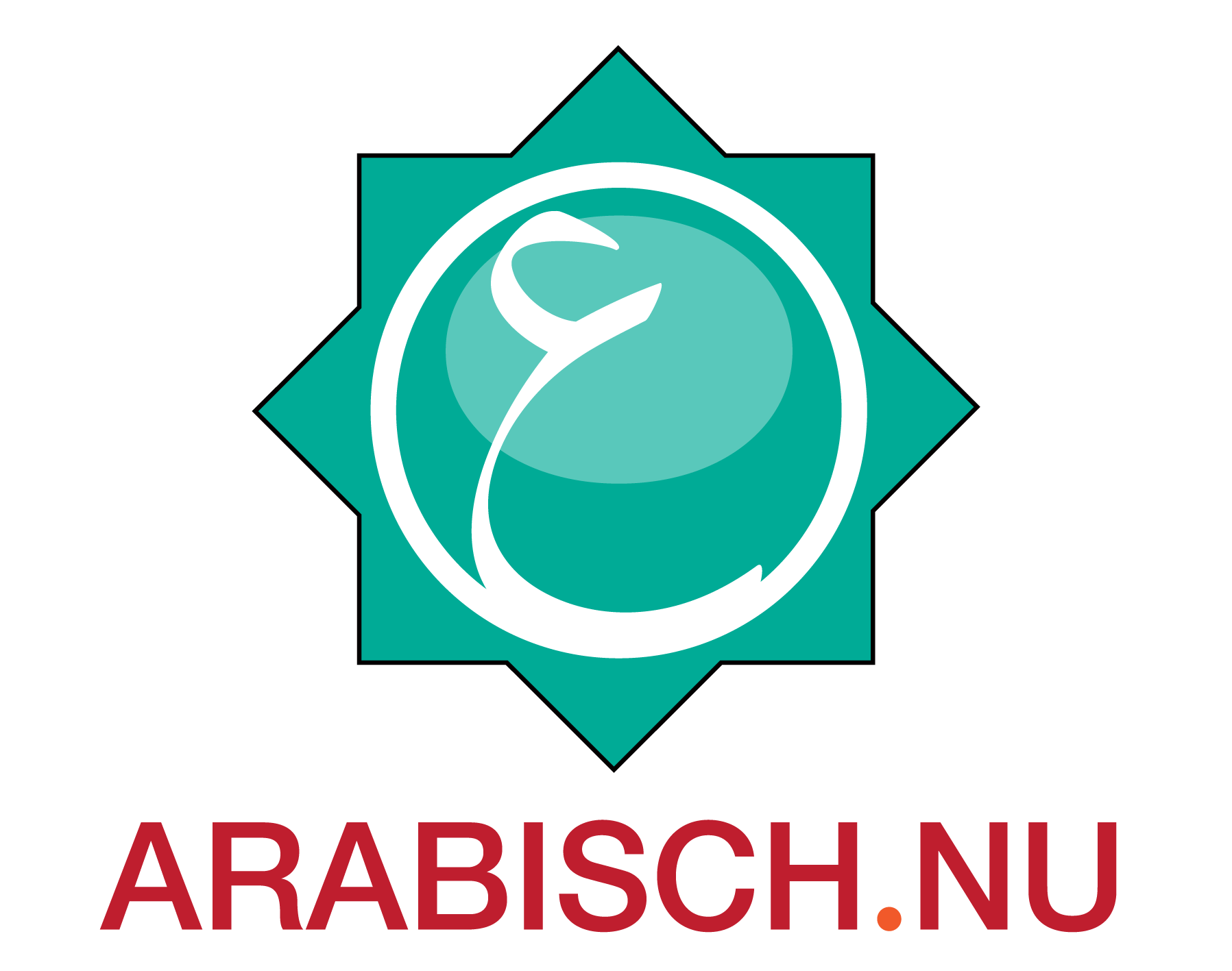ForumArabisch.nu | مـعـهــد الـعـربـيـة الآن
This space has been intended for questions and answers concerning homework and treated subjects by students and professor.
Other matter you can write about in the guest book.
You can find the previous guest book, from 2006 till 2008, here (in the Dutch language).
 Topic RSS
Topic RSS21:03
08-09-2017
 Offline
OfflineHomework
1- possessives: give exemple with 5 nouns masc. + 5 nouns fem. (use list in Al-Kitab)
2- give 3 sentences w/ preposition عند and لِ
3- translate in arabic: 2 blue eyes
4- Rewrite the description about myself
5- Tell sthg about my apartment
Summary:
Explanation of way to write some letters;
Correction of 2 homework + translation given of the 2 words (often غالبا, match لعبة/game مباراة );
Translation corrected "brushing my teeth" يٌنِظِّف, "class room" الفصل, "I have 2 brothers" عندي ا خان, "I am the youngest of them" أصغرهم; "I am the only girl" انا الوحيدة;
Rule : the verb at first place in sentence;
Explanation about how was formed ة = ت + O
when a word finishing with ة gets a suffix, the ة becomes "open" = ت followed by the suffix.
Rule about hierarchy of punctuation ("rule of hotels"/stars): order from lower (inferior) to higher (superior) is َ ُ ِ ا و ي (fatah, damma, kasra, alif, wa, ya).
Possessives: all of possessives has damma ُ on the last later of the word except for ي ("my") because ي is superior of all other punctuation. So the word is losing the damma ُ , gets kasra ِ
on the last later of the word. The pronunciation (kasra ِ on last letter + ي as suffix = long "i");
Explanation given on "brother"أخ in singular and "brothers" أخوة in plural;
Rule for dual:
word + .َانِ when subject or يْنِ when object or preposition;
Rule for عند and لِ :
عند when you own the thing (own, you can buy/sell the thing). eg: I have a book;
لِ when you want to express a relationship. eg: I have a family.
Exception: An arabic male will use عند when he will talk about his wife, son(s), daughter(s). Arabic women will use لِ when she will speak about her husband.
The word after عند is NOT object but subject, so the punctuation should be put accordingly = NOT fatah or dubble fatah (.َ or .ً) but damma or dubble damma(.ُ or .ٌ).
adj small (body) same as young (age) صغير
adj big (body) same as old (age) كبير
kadim (old) قديم c/ jedid (new) جديد to use only for things never for human beings
Rule of number with noun:
from 1 to 2 the number is after the noun,
from 3 to 10 the number is before the noun
blue (masc) أزرق, blue (fem) زرقاء, blue (plural) زرق
1 Guest(s)

Permalink Comments off
 Log In
Log In








